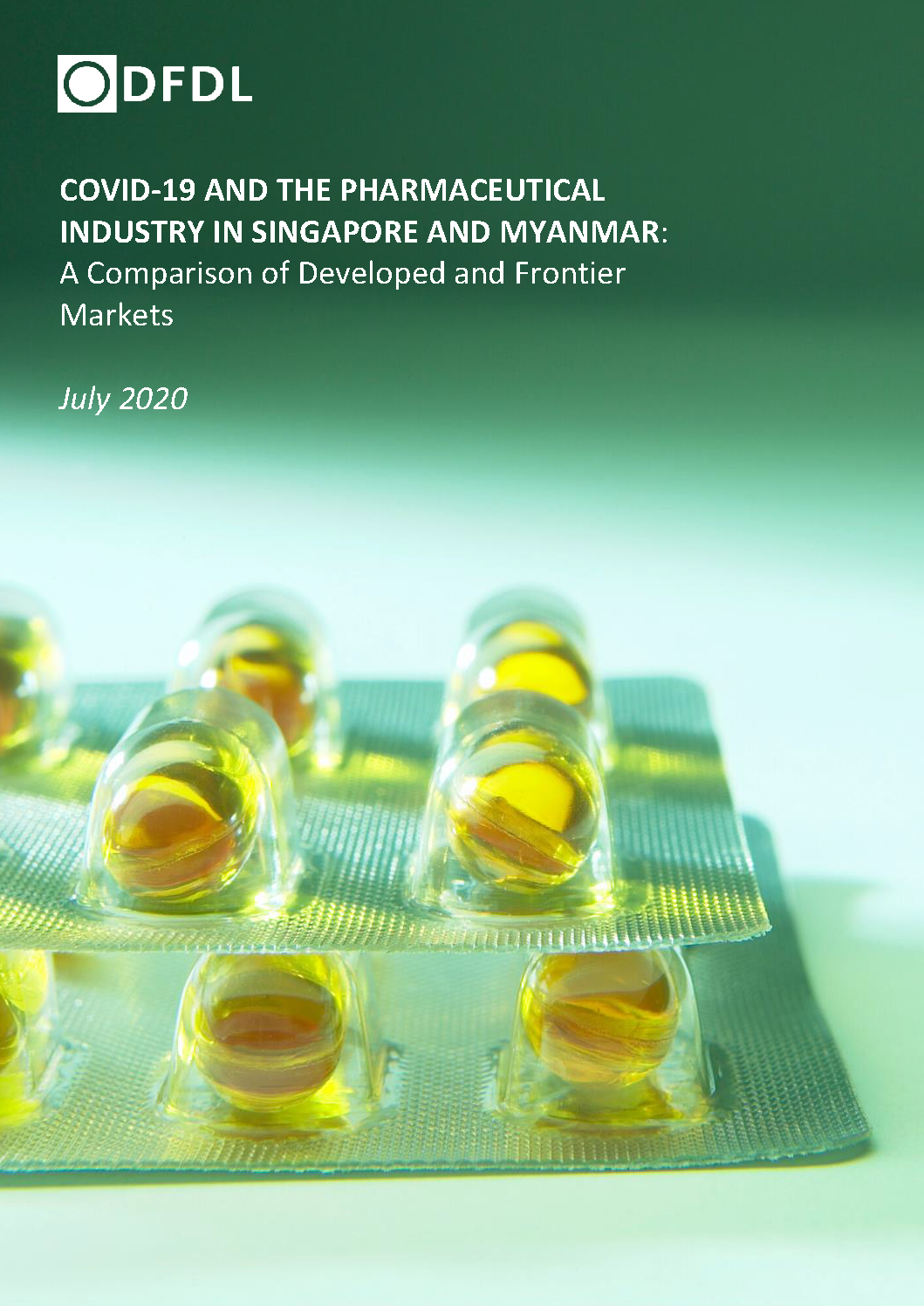This article was first published in the June 2020 edition of ABA – The Health Lawyer.
The COVID-19 Coronavirus pandemic continues to wreak havoc and sow disruption around the world. In response, health authorities, pharmaceutical companies, life science laboratories and research centers (the “Pharmaceutical Industry”) are scrambling to develop potential treatments, viable inoculations, test kits and related products (the “Products”). The efficient and speedy legal rollout of the Products will be critical. Historically, pharmaceutical products have been rolled out (since the mid-1800s) when the modern pharmaceutical industry evolved from local apothecaries distributing botanical drugs such as morphine and quinine to wholesale manufacturing. In today’s interconnected markets, however, such rollouts are global in nature and must satisfy the regulatory variations and legislative nuances of numerous relevant local jurisdictions. In the midst of the current crisis, it is increasingly incumbent upon all participants to be proactive, responsive and adequately prepared for this global rollout.
This article sets out the relevant laws and processes of such legal rollouts in two Association of Southeast Asian Nation (“ASEAN“) jurisdictions: Singapore and Myanmar. The details of each will firstly provide a specific “how to” roadmap to complete and fully satisfy the legal requirements to sell the Products in each jurisdiction. Secondly, it will outline and contrast a prospective rollout of the Products (and pharmaceutical products generally) under a fully developed and sophisticated legal regime, as is the case in Singapore, with that of Myanmar, an emerging/frontier market, a relatively undeveloped regulatory regime with less firmly established judicial processes and administrative norms. In detailing the rollout in the two vastly different jurisdictions, this article will also touch upon the impact of less apparent societal realities between the two that may affect a legal rollout. For example, cultural attitudes toward the rule of law, the role of government and role of medical providers and medicine, is just a flavor of the underlying socio-cultural factors that may lend themselves to (or complicate) these matters. Another decisive factor in expediting any rollout is the level and condition of a country’s modern infrastructure, robust supply chains and transportation networks, which Singapore has in abundance while Myanmar does not.
Download the full article now:
Contact
Partner & Managing Director, Myanmar/Singapore


